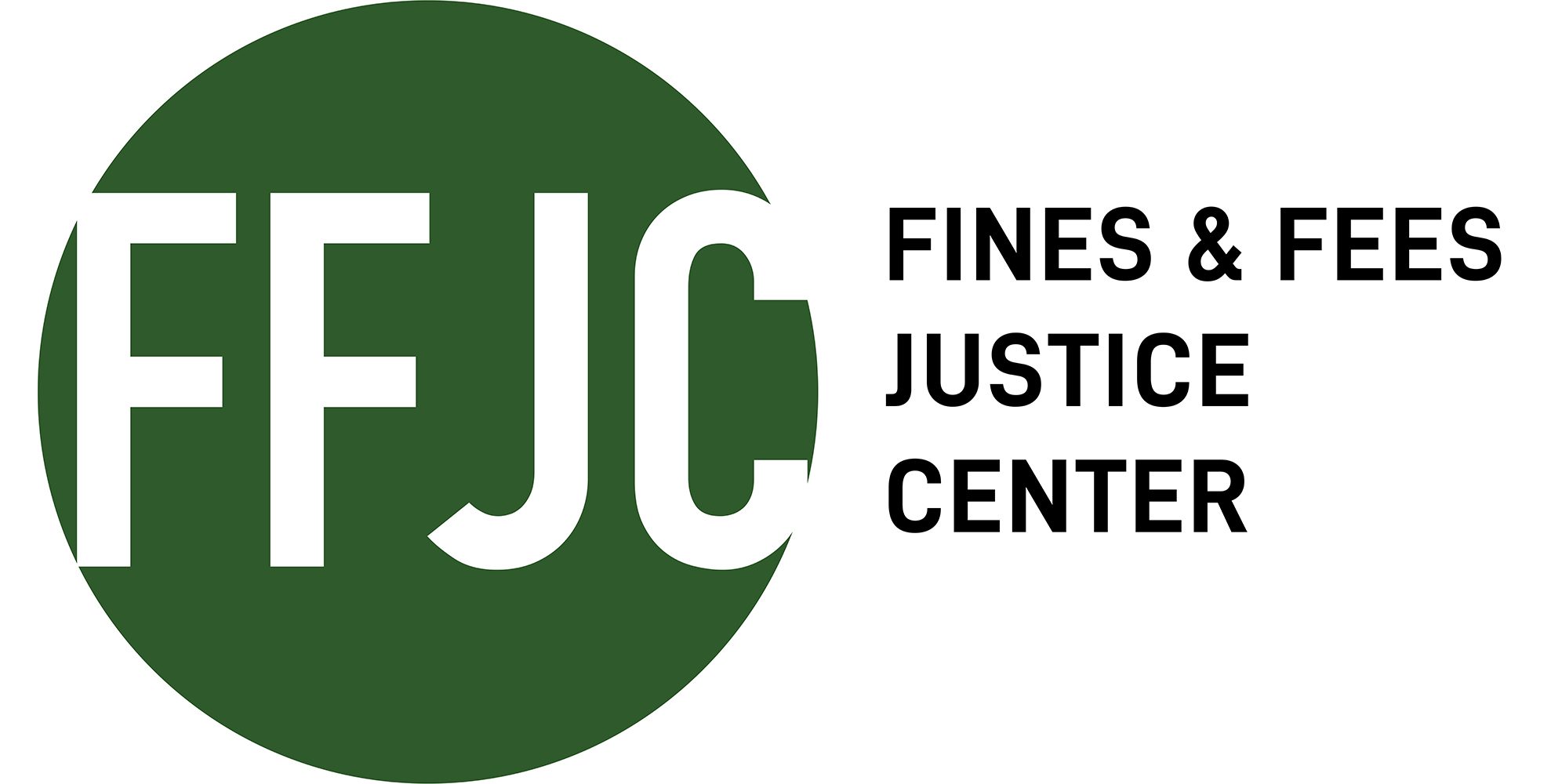When someone drives over one of the Bay Area’s toll bridges, they are charged $6 and sent an invoice. If the toll is not paid promptly, drivers are charged a series of fines and fees and can find themselves in hundreds or thousands of dollars of debt. Bridge tolls fund billions of dollars of transportation improvements, but problems such as mailing address errors, accessibility barriers, high fines and fees, and a lack of payment plan options, create an inequitable system that causes significant harm to people. In this report, the authors review toll violation data and outline the problems with the current tolling system, the harms toll fines and fees cause people, and recommendations for a more effective and equitable system.
You can read the full report here.
Key Findings:
- In 2019, there were 5 million instances of unpaid tolls resulting in fines and fees.
- ZIP codes with the most unpaid toll violations are majority non-white, have higher rates of limited English speaking households and have higher rates of poverty than the region as a whole.
- In 2019, an analysis revealed that 1.2 million cases were referred to the DMV or to a collection agency, with each violation accruing at least $70 in fines and fees for a $6 toll.
- During the same period, 22 percent of all cases were paid at the first violation notification, when a $25 fine is attached, and just 8 percent paid at the second violation notice, when an additional $45 fee raises the amount owed to $76.
- An analysis by the Metropolitan Transportation Commission (MTC) showed that in the month of January 2021 alone, there were more than 17,000 people who accrued 10 or more violations. More than 40,000 people accrued between two and 10 violations in that same month.
- Drivers interviewed for this study reported not knowing they had accumulated these debts, never receiving mailed notifications and being shocked to find they owed large sums of money.
- In October 2021, the fine and fee for missing a toll payment was reduced to a total of $20.
Recommendations:
- End high-pain, low-gain fines and fees, and cap total fines per driver per year
- End the use of collection agencies
- Implement payment plans
- Improve the notification system
- Stop putting car registrations on hold, particularly for low-income drivers
- Offer amnesty on all existing toll violations
- Collect demographic data on bridge users
- Discount tolls for low-income drivers
- Perform and publish an annual evaluation of toll payment system
